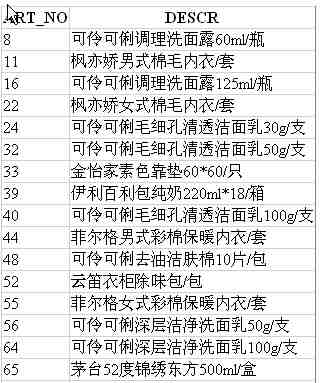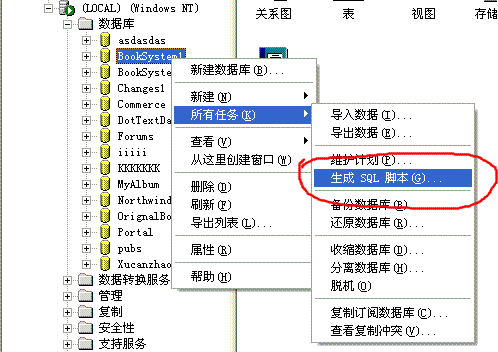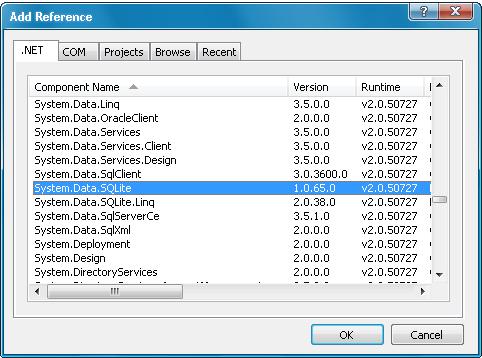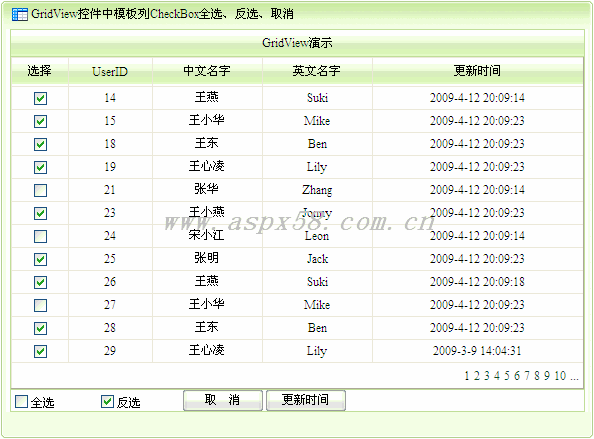|
|
關(guān)于錯(cuò)誤的處理,我們可以參考這篇文章:
Try...Catch...Finally in ASP.NET
Introduction
Error handling in Classic ASP was not the best. We were having only limited options available for error handling in Classic ASP such as, "On Error Resume Next". In ASP 3.0 we saw the new ASP object called Error Object. But we were not able to handle all exception/errors efficiently. Now in ASP.NET we have a new error handling mechanism which was already their in other languages such as C, C++ and Java. We can also call the try...catch mechanism as "Exception Handling"
What is Try...Catch....Finally
This is a new error handling mechanism in VB.NET, so as in ASP.NET. Well we have three blocks of code, were each block has it own functionality. The Try...Catch...Finally block of code surrounds the code where an exception might occur. The simple Try statement comes before the block of code, the Catch block of code is where we specify what type of error to look for, and the Finally block of code is always executed and contains cleanup routines for exception situations. Since the catch block is specific to the type of error we want to catch, we will often use multiple Catch blocks in our Try...Catch...Finally structure.
A simple Database operation
Dim mySqlConnection as New SqlConnection (ConnectionString)
Dim mySqlCommand as SqlCommand
Dim strSql as String
strSql = "insert into yourtable (f1, f2) values ('f1', 'f2')"
mySqlCommand = new SqlCommand(strSql, mySqlConnection)
Try
mySqlConnection.Open()
mySqlCommand.ExecuteReader(CommandBehavior.CloseConnection)
Message.text = "New Forward information added"
Catch SQLexc as sqlexception
Message.text = Message.text + sqlexc.tostring()
Catch exc as exception
if Instr(1, exc.tostring, "duplicate key") > 0 then
Message.text = Message.text + "Cannot insert duplicate values."
else
Message.text = Message.text + exc.tostring()
end if
Finally
mySqlConnection.Close()
End Try
What does the above example exactly do?
Well, in the above example we were trying to insert some values to a database table. The possible chances while performing a database operation are invalid connection string, database server too busy resulting in connection time out, database server not currently running etc etc. We should anticipate all these errors while performing a database operation. So, we have a Try block, which contains the statements such as opening the connection and executing the operation. Basically, we have two major statements inside the try block which may result in an exception/error.
As I said, any exception can occur during a database operation. Catching all these exception is now very easy with the Catch block. All we need is to have a Catch block. We can have any number of Catch blocks. Each Catch block may have a different error/exception trapping mechanism. In the above example, we have two catch blocks, one which captures a general exception and the other one which traps the SqlException.
When all the statements inside the catch blocks are executed, the finally block comes into the picture. As I said earlier, finally block contains cleanup routines for exception situations.
Exit Try statement
We can also have the Exit Try statement inside any of the try...catch block. The objective of this statement is to break out of the Try or Catch block. Once the Exit Try statement is executed, the control goes to the Finally block. So, Exit Try statement can be best used were we need to execute the cleanup routines.
How about nested Try statments?
We can have nested Try and Catch blocks. Can you imagine, when we should use nested try statements. Well, errors can occur within the Catch portion of the Try structures, and cause further exception to occur. The ability to nest try structures is available so that we can use a second Try structure to cover exceptions.
Links
http://www.vbweb.co.uk/show/1889/2/ http://www.oreillyNET.com/pub/a/dotNET/2001/09/04/error_handling.html?page=2
AspNet技術(shù):asp.net 的錯(cuò)誤處理機(jī)制講解,轉(zhuǎn)載需保留來(lái)源!
鄭重聲明:本文版權(quán)歸原作者所有,轉(zhuǎn)載文章僅為傳播更多信息之目的,如作者信息標(biāo)記有誤,請(qǐng)第一時(shí)間聯(lián)系我們修改或刪除,多謝。



